Introducing the Convair F2Y SeaDart, the world’s first and only Seaplane capable of breaking the sound barrier! The SeaDart is a Jet-Interceptor Prototype aircraft, made with the principle of being able to take off from and land in the ocean, to make ocean-based sorties that much easier!
This was, of course, before Aircraft Carriers really started becoming more and more advanced along with their naval fighters on deck. The idea would’ve easily made a lot of sense if the concept of the Aircraft Carrier never advanced to what it is today, but through the combined incidents with airframe issues, technological problems, and general inconvenience in regards to maintenance, the F2Y SeaDart never really “took off” as a fully fledged fighter aircraft.
In order to take off and land utilizing the water’s surface, the SeaDart had two retractable skids that acted as hydrofoils. The SeaDart would, upon taking off, use these to angle itself into the air, and said skids would retract after taking off in order to achieve preferred aerodynamics, and high top-speed. The same procedure would be executed upon landing, except the skids would be used to brace the water’s surface, and help the aircraft slow down as it skims to a stop across the water. Once at a complete stop, the aircraft could taxi surprisingly agile in the water, in one particularly humorous photo the SeaDart is seen performing the seaplane equivalent of a burnout in the water:

Here’s some screenshots of the replica:

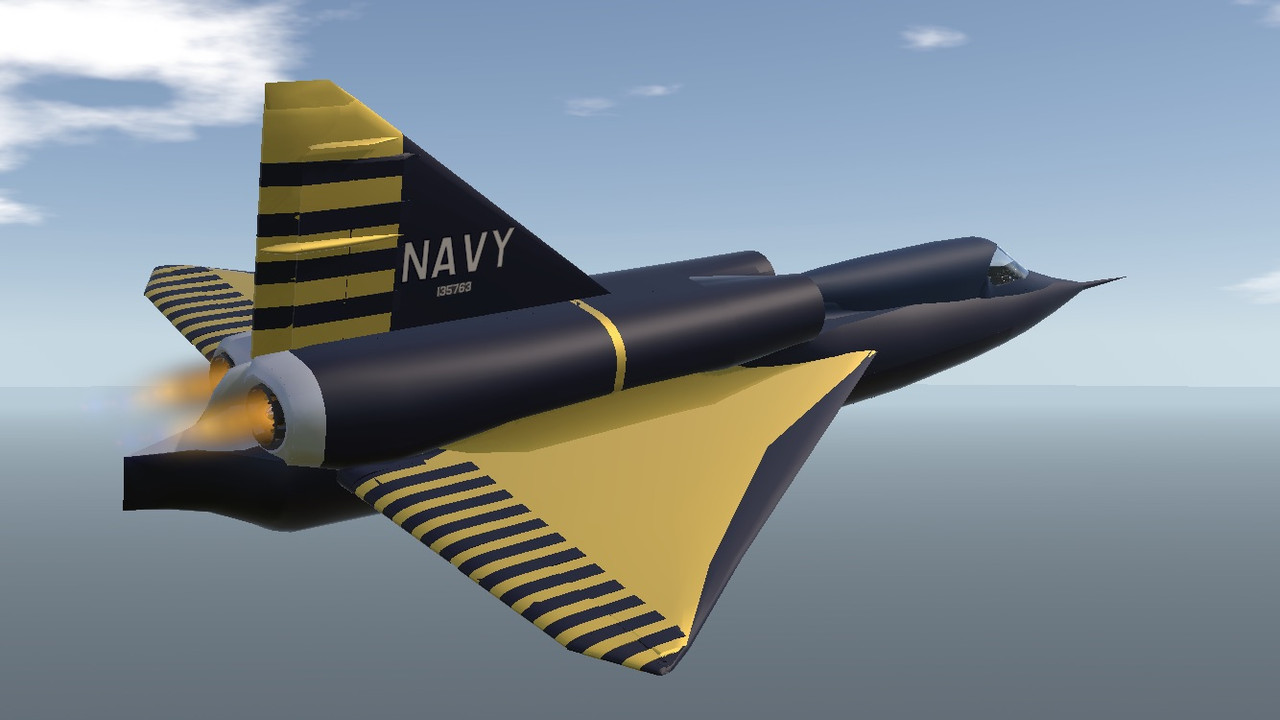

Problems with the F2Y SeaDart included airframe structure, eventually leading to a crash that ultimately destroyed one of the prototypes. Another notable problem was how much water the jet engines would suck in while taking off and landing. Upon landing, a maintenance crew would have to bail out all of the water accumulated in the engines, otherwise the aircraft’s integrity would quickly become noticeably less efficient, possibly leading to engine burnouts mid-flight or during takeoff that would compromise the aircraft significantly.
Other than the problems mentioned above, and a few more that aren’t as important but still problems nonetheless, the F2Y SeaDart could’ve been really something. It had great capabilities, it was the only amphibious aircraft to ever break the sound barrier, and it maneuvered and flew just like any other conventional fighter of it’s era.
Just imagine it! Squadrons of SeaDarts all taking off from the ocean’s surface, intercepting whatever’s been tasked to be intercepted. If any axis power didn’t know what the SeaDart was, it would be absolutely unexpected, and would most certainly prove to be effective at arriving without being seen too quick. I mean really, would you expect to be intercepted by something in only a few minutes while above the ocean, especially seeing that Aircraft Carriers weren’t technologically advanced enough yet?
Regardless, now for the controls!
Controls:
This aircraft was built based on the VR Challenge, so I decided to make things in the cockpit/controls sorta realistic, all the more immersive for VR!
Flick the “IGN.” Switch in VR, or Activate AG-1 to ignite engines, this should send a plume of water behind the aircraft as the engines throw water behind the plane everywhere. From here, the takeoff procedures are simple: Full Throttle, half pitch, and you can use TRIM if you need to, but is not necessarily important for the takeoff. Once you breach the water’s surface tension, you may pull up the landing skids. For VR, there’s a switch that does this.
While in flight, you can engage afterburners, via flicking the “AFT.” Switch in the cockpit, or by activating AG-2. This will send your aircraft screaming into action at over Mach 1, just like the real F2Y SeaDart was designed to do! The maneuverability it has in SP probably doesn’t resemble its maneuverability in person, but then again this was made for a fun, immersive VR experience, not necessarily 100% realism.
To land the F2Y, you must of course disengage afterburners. Do not deactivate the engines yet, this will kill your engines regardless of throttle percentage. Decrease throttle to around 10-15%, depending on your altitude. Once you’ve found a good clearing of water, and are on a straight course, extend landing skids. You’ll notice that your aircraft gains a slight amount of lift with the skids out, as they’re almost acting like airfoils while pushing through the wind. Once you’re ready to touch down, cut throttle. For maximum realism, only deactivate the engines (deactivate AG-1) when you’re in the water, and landed. Regardless, don’t let the aircraft slam into the water while landing, try to be gentle with it. This won’t affect anything in SP, but it certainly would with the actual F2Y, so just try to be nice to it.
Once in the water, you can flick the “TAXI” switch, or AG-3, to enable taxiing in the water. By now, you should have deactivated AG-1 to kill the engines. From here, use throttle to govern Taxi power, and Yaw to steer your aircraft through the water. The actual F2Y was surprisingly agile in the water, as is seen in a photo above, so I’ve tried to simulate that too.
All in all, this aircraft is definitely my most realistic replica in terms of cockpit functions, real-life equivalencies, among other things. The livery isn’t very accurate, but I suppose it looks good enough to be atleast recognizable.
The best part about all this? The part count is barely that high! Without the update, something like this would’ve been over a thousand parts just with the cockpit alone. But now, we can make absolutely incredible stuff with less than a fraction of the parts originally needed, thanks Dev Team and affiliated SP Members!
Have Fun!
Specifications
Spotlights
- This craft is curated
- ACEPILOT109 4.1 years ago
General Characteristics
- Successors 4 airplane(s) +21 bonus
- Created On iOS
- Wingspan 29.8ft (9.1m)
- Length 52.6ft (16.0m)
- Height 14.9ft (4.5m)
- Empty Weight N/A
- Loaded Weight 22,944lbs (10,407kg)
Performance
- Power/Weight Ratio 4.26
- Wing Loading 18.1lbs/ft2 (88.2kg/m2)
- Wing Area 1,269.8ft2 (118.0m2)
- Drag Points 6032
Parts
- Number of Parts 334
- Control Surfaces 5
- Performance Cost 1,594

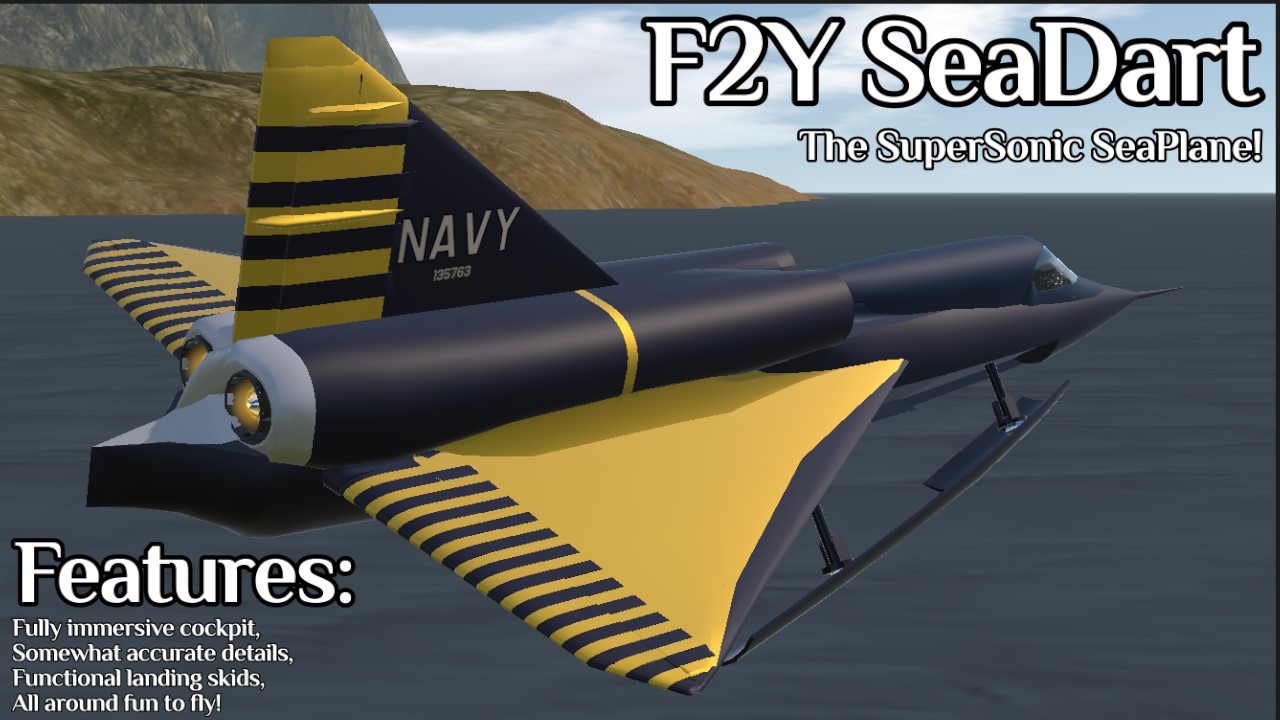
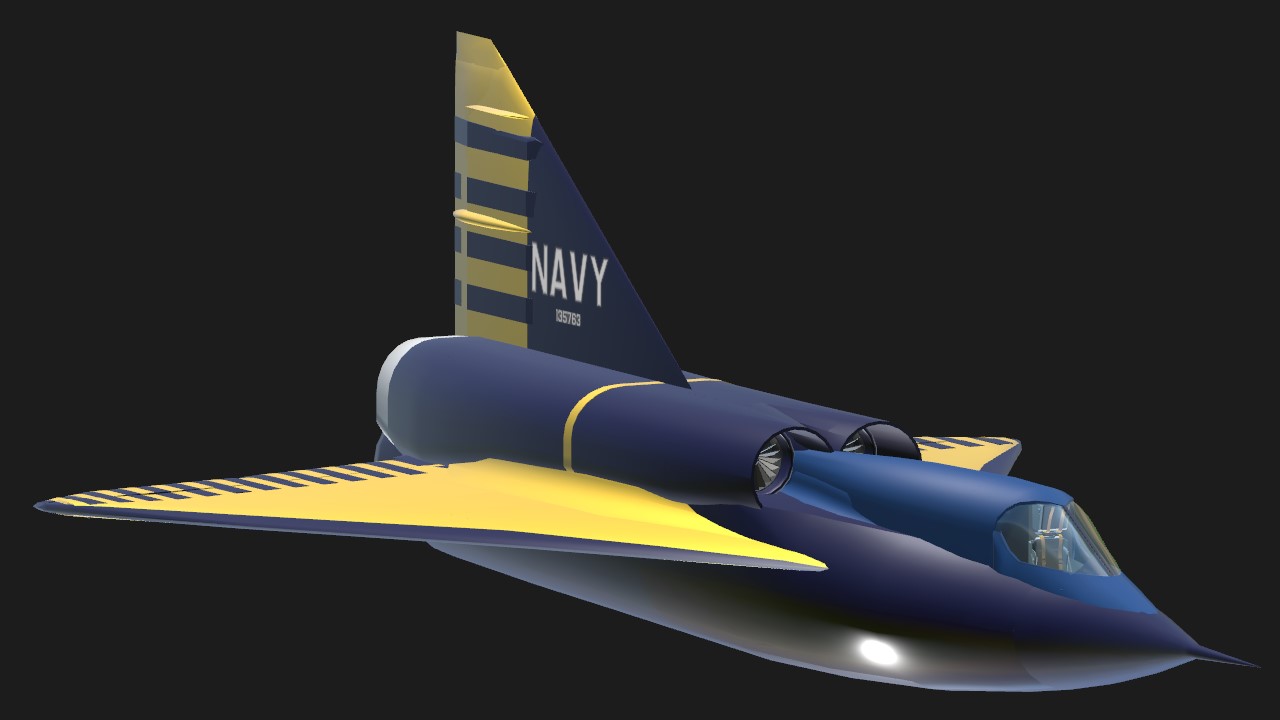
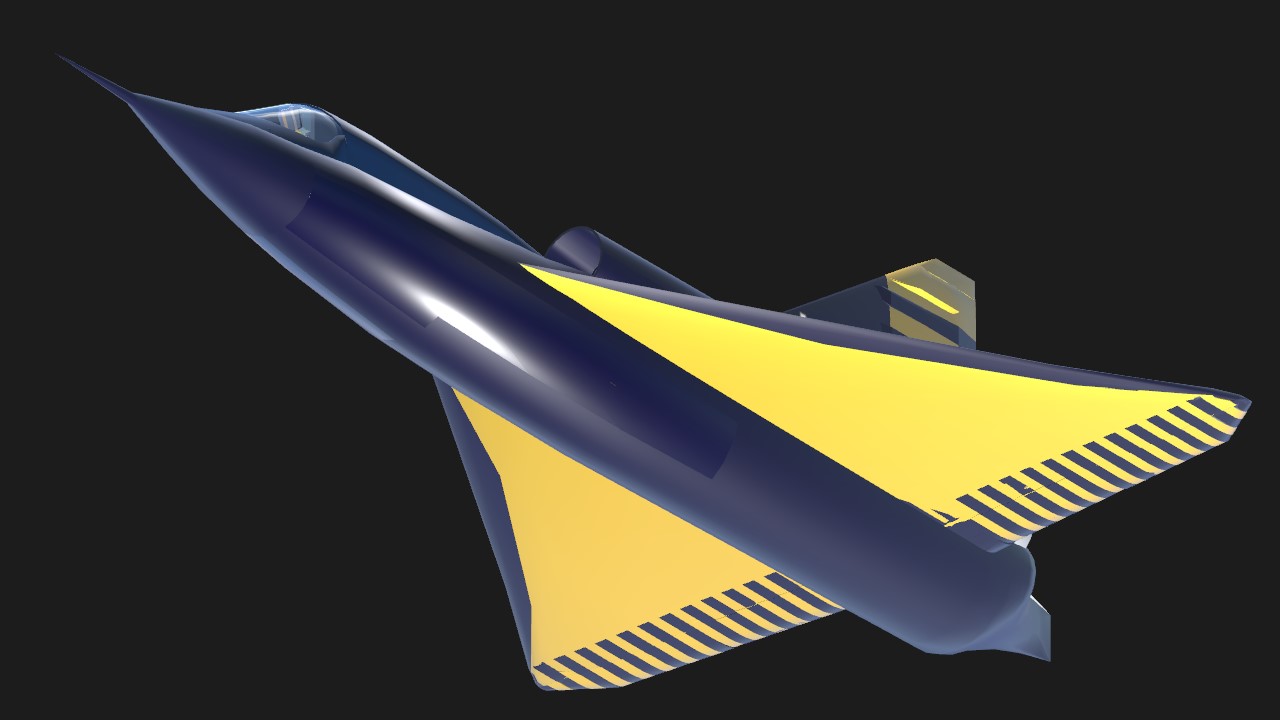
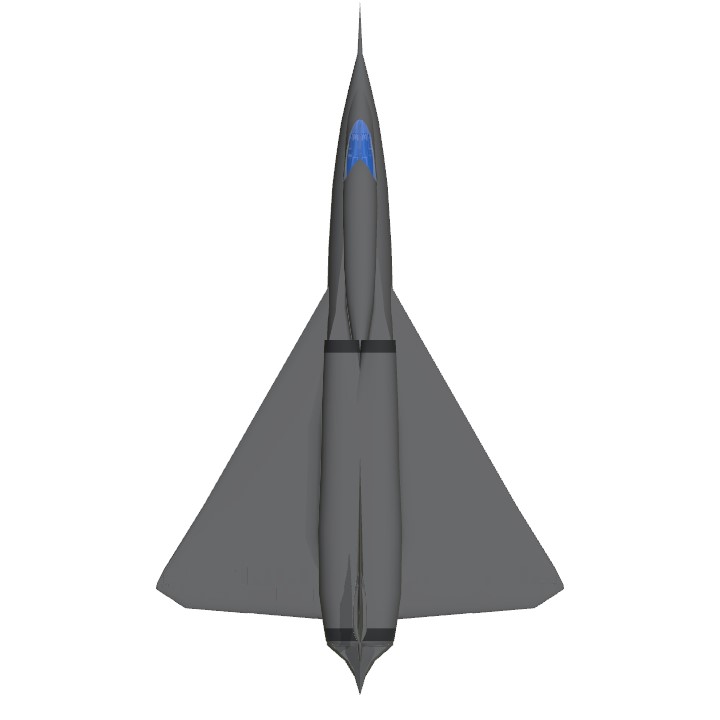
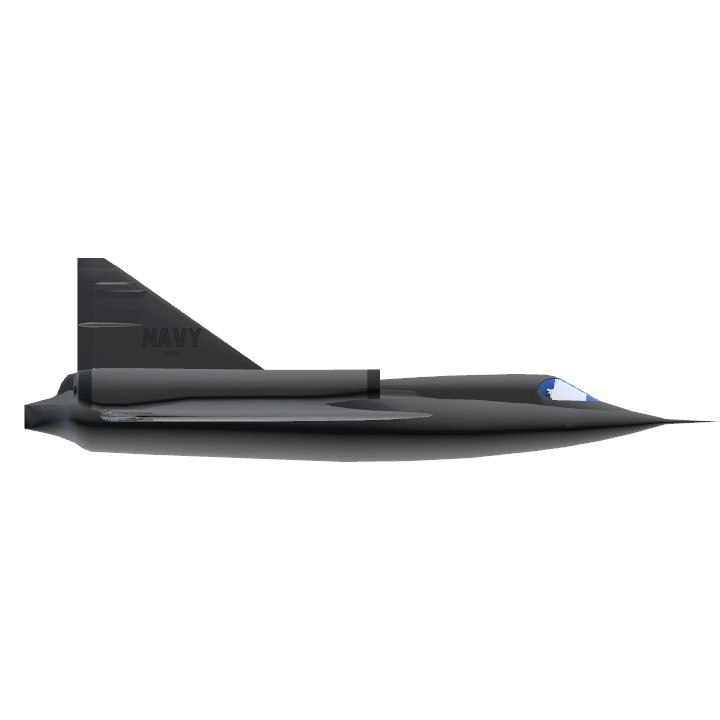
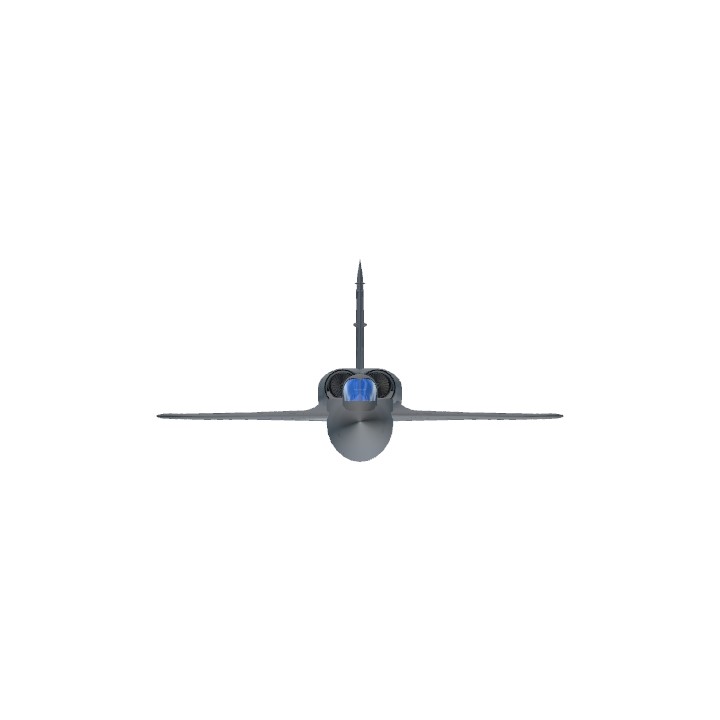
Whoever the test pilot was that did the donuts in the water I hope they’re doing good in the afterlife, cause that image alone made me laugh probably harder than it should have
@AWSOMENESS360 can you add a vision with weapons?
This is awesome bro!!! Good job on making it, a very unique aircraft
@AWESOMENESS360 I stood next to one
bro are y’all gonna talk about how fast the gas runs out on this thing
This is really a notable plane. Great build. Also, with interesting history background.
To vent your frustrations, rant at Dev. To enter the VR Challenge, Pedro, he insisted that you use the Challenge driving directions Tag.
shesh
this plane is good for threading the needle
F&E has a vid abt. this now :3
@Chancey21 dude, if you wanna whine to someone, complain to Dev. Pedro, he made it a requirement to use the Challenge Tag if you wanted your entry in the VR Challenge.
"Challenges / Contests should use this tag"
@Zaineman well, I am who made it so you’re welcome I guess
This was SOO much fun !! Thank you to whomever built it.... z
Hey mr awsome I’ve loved your planes since you started I was your 12th follower and I want to repost this so it can get more views do I have permission?
@Baelzzz yeah, idk why this got so much attention lol
13k downloads wtf. Oh, and take my upvote.
GG on winning 1st m8! Jolly Good Game, legit
@CaptainSquadronLeaderX you could just find it using X-Ray view
Very wanky dart I say, Not the one I'll play aquatic dartboard with
@AndrewGarrison aight, great to hear feedback! I may try to improve it when the challenge deadline passes, just so nobody accuses me of cheating or something stupid. I appreciate the suggestions!
@AWESOMENESS360 I know and completely understand. I'm just trying to provide some advice to players on how things could be improved for VR since not many have access to SPVR yet. The craft is still flyable in VR but the small size does break the immersion a little. I think if the joystick, throttle, and seat were closer to 100% size and the cockpit was a little deeper on the y-axis (so the chair could be moved down a bit) it would be improved a lot for VR. These are just suggestions, so feel free to disregard. I'm just trying to help and I really appreciate you players who are taking the time to make amazing crafts in our game.
@AndrewGarrison huh, sorry about that. I have no way of testing stuff in VR, idk how I’d go about troubleshooting with this. I could just scale the plane up, but then the size would be unrealistic, then again the cockpit of the SeaDart is actually kinda small looking irl, so maybe it’s fine? Idk lol, is it atleast useable and/or playable in VR, or does the small size hinder everything completely?
This is such a great build but unfortunately, the cockpit looks quite small in VR. The seat of the chair is about at my navel. Seats and flight controls should ideally be left at 100% scale to feel best in VR. The gauges are a bit small and hard to read in VR as well. If you ever make any adjustments to this craft and want me to check it out, please tag me on the new page.
@AWESOMENESS360 lol
@Liquidfox01 you may if you want to!
@AWESOMENESS360 I read a joke once where Soviet engineers were demonstrating Rocket-Assisted-Takeoff interceptors to Khrushchev. "You see, premier, the jet can be launched from the back of a truck. It needs no runway to take off."
"Excellent" he said, "now where will it land?"